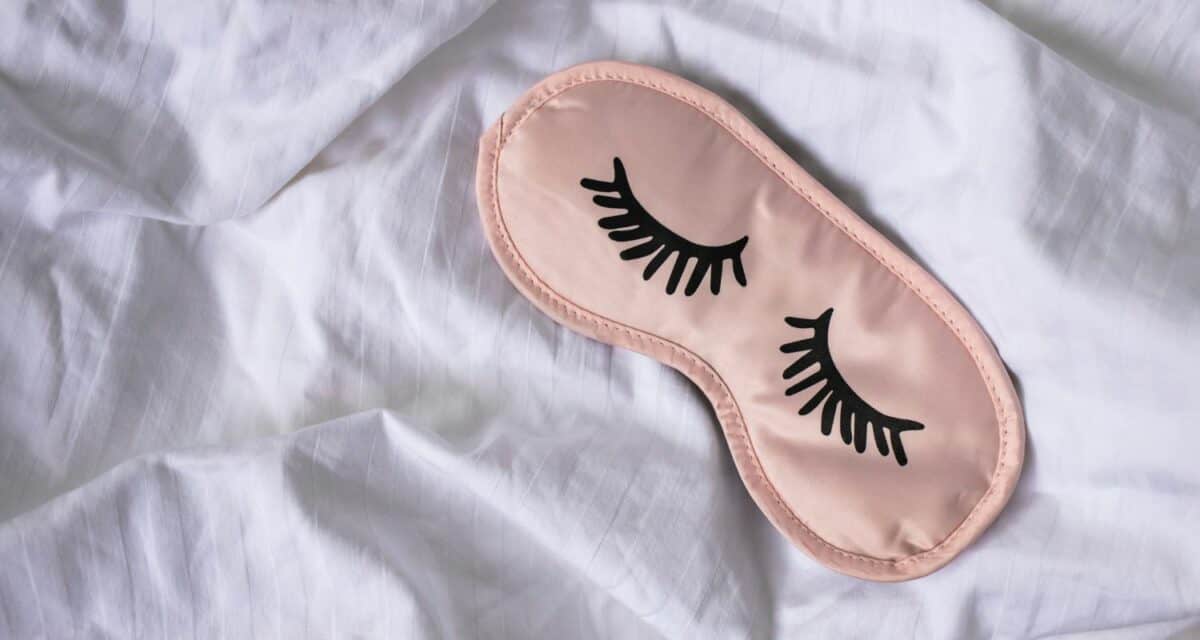Are you struggling to get a good night’s sleep? Do you find yourself tossing and turning, unable to drift off into a peaceful slumber? You’re not alone. Millions of people struggle with sleep-related issues, but the good news is that there are steps you can take to improve your sleep hygiene and get the rest you need.
Sleep hygiene is a term used to describe the practices and habits that promote quality sleep. It encompasses everything from creating a comfortable sleep environment to establishing a consistent sleep routine. In this article, we’ll discuss tips for creating a better sleep environment and improving sleep quality.
Understanding Sleep
Before we dive into tips for improving sleep hygiene, it’s important to understand the science behind sleep. Sleep is a vital process that helps our bodies and minds recharge. During sleep, our bodies repair and regenerate tissues, while our brains consolidate memories and process information.
The sleep cycle is divided into two main types of sleep: rapid eye movement (REM) sleep and non-REM sleep. REM sleep is when we experience vivid dreams and increased brain activity, while non-REM sleep is a deeper, more restful state.
Factors Affecting Sleep Quality
Numerous factors can impact the quality of our sleep, including stress, diet, exercise, light exposure, noise, temperature, and bedding. It’s essential to identify and address these factors to improve sleep hygiene.
- Stress: High levels of stress can make it difficult to fall asleep and stay asleep. To reduce stress, try relaxation techniques like deep breathing, meditation, or yoga.
- Diet: Eating heavy or spicy meals close to bedtime can cause discomfort and disrupt sleep. It’s best to avoid these types of foods and opt for lighter, healthier options.
- Exercise: Regular exercise can improve sleep quality, but it’s essential to avoid exercising close to bedtime as it can stimulate the body and make it harder to fall asleep.
- Light exposure: Exposure to bright light, particularly in the evening, can disrupt the body’s natural sleep-wake cycle. To promote better sleep, minimize light exposure in the hours leading up to bedtime.
- Noise: Loud or disruptive noises can interfere with sleep. If possible, create a quiet environment, or use white noise machines to block out unwanted sounds.
- Temperature: The temperature of the room can also impact sleep quality. It’s generally recommended to keep the room cool and comfortable to promote sleep.
- Bedding and mattress: Uncomfortable bedding or an unsupportive mattress can lead to poor sleep quality. Choose bedding and a mattress that are comfortable and supportive.
Creating a Sleep-Conducive Environment
Once you’ve identified the factors that impact your sleep quality, it’s time to create a sleep-conducive environment. Here are some tips to help you achieve this:
- Darken the room: Use blackout curtains or shades to keep the room dark and minimize light exposure.
- Reduce noise: Use earplugs or white noise machines to block out unwanted sounds.
- Control room temperature: Keep the room cool and comfortable with a fan or air conditioner.
- Choose comfortable bedding and mattress: Select bedding and a mattress that are comfortable and supportive.
- Minimize light exposure: Avoid using electronic devices or watching TV in the hours leading up to bedtime.
Improving Sleep Hygiene
Establishing a consistent sleep routine is essential for improving sleep hygiene. Here are some tips to help you establish a sleep routine:
- Establish a sleep routine: Go to bed and wake up at the same time each day to establish a consistent sleep routine.
- Avoid stimulants before bed: Caffeine, nicotine, and other stimulants can interfere with sleep. Avoid consuming these substances in the hours leading up to bedtime.
- Limit alcohol consumption: While alcohol may initially make you feel sleepy, it can disrupt sleep later in the night.
- Create a relaxing bedtime routine: Develop a relaxing bedtime routine to help you wind down before sleep. This could include reading a book, taking a warm bath, or practicing relaxation techniques like meditation.
- Avoid electronic devices before bed: The blue light emitted from electronic devices can disrupt sleep by suppressing the production of melatonin, a hormone that regulates sleep.
Tips for Better Sleep Quality
In addition to creating a sleep-conducive environment and establishing a consistent sleep routine, there are other steps you can take to improve sleep quality:
- Stick to a sleep schedule: Try to maintain a consistent sleep schedule even on weekends to help regulate your body’s sleep-wake cycle.
- Exercise regularly: Regular exercise can improve sleep quality, but it’s best to avoid exercising close to bedtime.
- Practice relaxation techniques: Deep breathing, meditation, and progressive muscle relaxation are all effective techniques for reducing stress and promoting sleep.
- Avoid napping during the day: While short naps can be beneficial, longer naps during the day can disrupt sleep at night.
- Seek medical help if necessary: If you continue to struggle with sleep despite making changes to your sleep hygiene, it may be time to seek medical help. Sleep disorders such as sleep apnea or restless leg syndrome may be contributing to your sleep issues and can be treated with medical intervention.
Getting a good night’s sleep is essential for overall health and well-being. By improving your sleep hygiene, you can promote better sleep quality and improve your overall quality of life. Remember to identify and address factors that impact your sleep, create a sleep-conducive environment, establish a consistent sleep routine, and practice relaxation techniques. If you continue to struggle with sleep despite making changes, seek medical help.
At Otolaryngology Associates, we understand the importance of quality sleep and how it impacts overall health. If you’re struggling with sleep loss, it’s essential to seek treatment. We encourage you to visit our practice to learn more about how we can help you improve your sleep.

